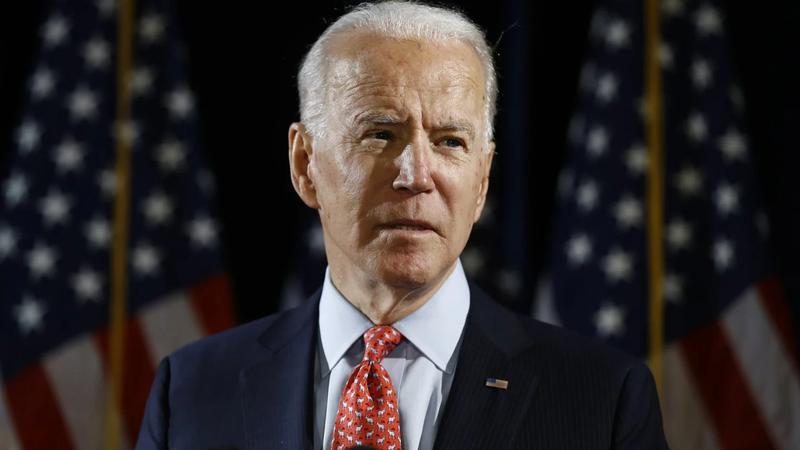Published 17:30 IST, May 2nd 2024
'They Don't Want Immigrants': Joe Biden Blames ‘Xenophobia’ for India, China's Economic Woes
President Joe Biden said that "xenophobia" from China, India and Japan is hobbling their growth, arguing that migration has been good for the US economy.

US President Joe Biden | Image:
AP
- Listen to this article
- 2 min read
Advertisement
14:54 IST, May 2nd 2024
